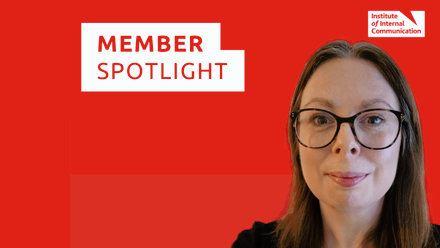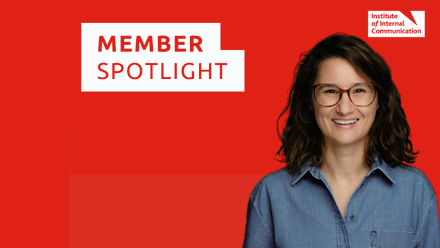When sitting down to write this, I thought I’d first canvas the views of some familiar names:
"Alexa, what are the benefits of mentoring?"
“Mentoring has significant behavioural, attitudinal, relational, motivational and career benefits. For a learner, these benefits depend on the different functions being performed by the mentor.”
“And ChatGPT, what do you think?”
“Mentoring is a dynamic and interactive relationship between a mentor and a mentee, aimed at providing guidance, support, and knowledge transfer. The mentor, typically an experienced individual in a particular field, shares their expertise, wisdom, and insights with the mentee, who is seeking guidance.”
Then I asked Google for a human's take on the subject, which came back courtesy of seasoned Hollywood storyteller Steven Spielberg:
“The delicate balance of mentoring someone is not creating them in your own image, but giving them the opportunity to create themselves.”
I know which one I prefer.
In a world where anything we want to know is available with a few taps or swipes of a screen, on the pages of a book or via ever more sophisticated AI tech, it can be easy to overlook the impact and value of another human's perspective on our learning.
At certain points in our career journeys, whether navigating studies, switching roles, a period of challenge or change, or when we need a confidence boost, there's no substitute for advice and words of wisdom from another person. Especially one who's been there before.
Mentoring wasn't particularly "a thing" when I was a student, but I wish it had been. I’d have welcomed the chance to hear about the reality of work and its ups and downs first-hand, rather than reading about idealised versions of dream jobs in library books. Yes, you read that right, my uni days were *almost* pre-internet.
This in part, along with the somewhat cliched (but 100% genuine) desire to give something back, motivated me to explore becoming a mentor. In what you might call serendipity, it wasn’t long before an email about the #IChoseIC mentoring scheme landed in my inbox.
IoIC offers a broader mentoring programme as a member benefit, but this one was a tie-up between the University of Lincoln and IoIC, exclusively designed for University of Lincoln students from underrepresented groups. The programme sets out to help mentees move into their working lives with increased confidence and professional awareness, and offer insight into the diverse opportunities within internal comms.
As a former Lincoln Uni student with some decent IC miles on the clock, this felt like a good fit for me.
Across seven roughly fortnightly Teams sessions with my mentee, we established and worked towards some development goals. We were matched for our shared legal connection - I’m an internal comms professional in a law firm and my mentee a postgraduate legal student early in her career. She was keen to understand non-legal careers within law firms and the critical role IC plays in supporting legal colleagues. Alongside this, my mentee was looking for pointers on workplace essentials, such as techniques for working with tricky people and negotiation skills, connecting with colleagues and networking, and effective email communication.
IoIC and the University of Lincoln supplied an outline for the mentoring programme, with a framework for each session and a suggested internal comms task. This was valuable, though keeping the agenda flexible to see what cropped up along the way worked well too. The IoIC's Profession Map, which details the essential skills, knowledge and qualities needed for success in IC, proved a brilliant resource for explaining the many hats an IC professional might need to wear.
I could pen a lengthy list to illustrate the advantages of mentoring, but these three stood out for me:
Rewarding - establishing mutual trust and rapport with someone new can be daunting, but as the mentoring relationship grows and you’re able to use your knowledge to guide your mentee through their challenges and see them develop, it’s a win for both sides of the partnership.
Redirecting your attention - paying it forward and volunteering to help others is a known well-being booster. Focusing on another person’s interests is a great antidote to stressful times, taking you out of your own head and fully into concentrating on someone else.
Reigniting your love for what you do - explaining your work to someone else can spark new levels of job enthusiasm! How often do you remind yourself of the sheer variety your role affords? Creating strategies, memorable messaging, being a source of sound advice, writing compelling stories, and understanding intranets - it’s all in a day’s work.
Learn more about #IChoseIC here.






